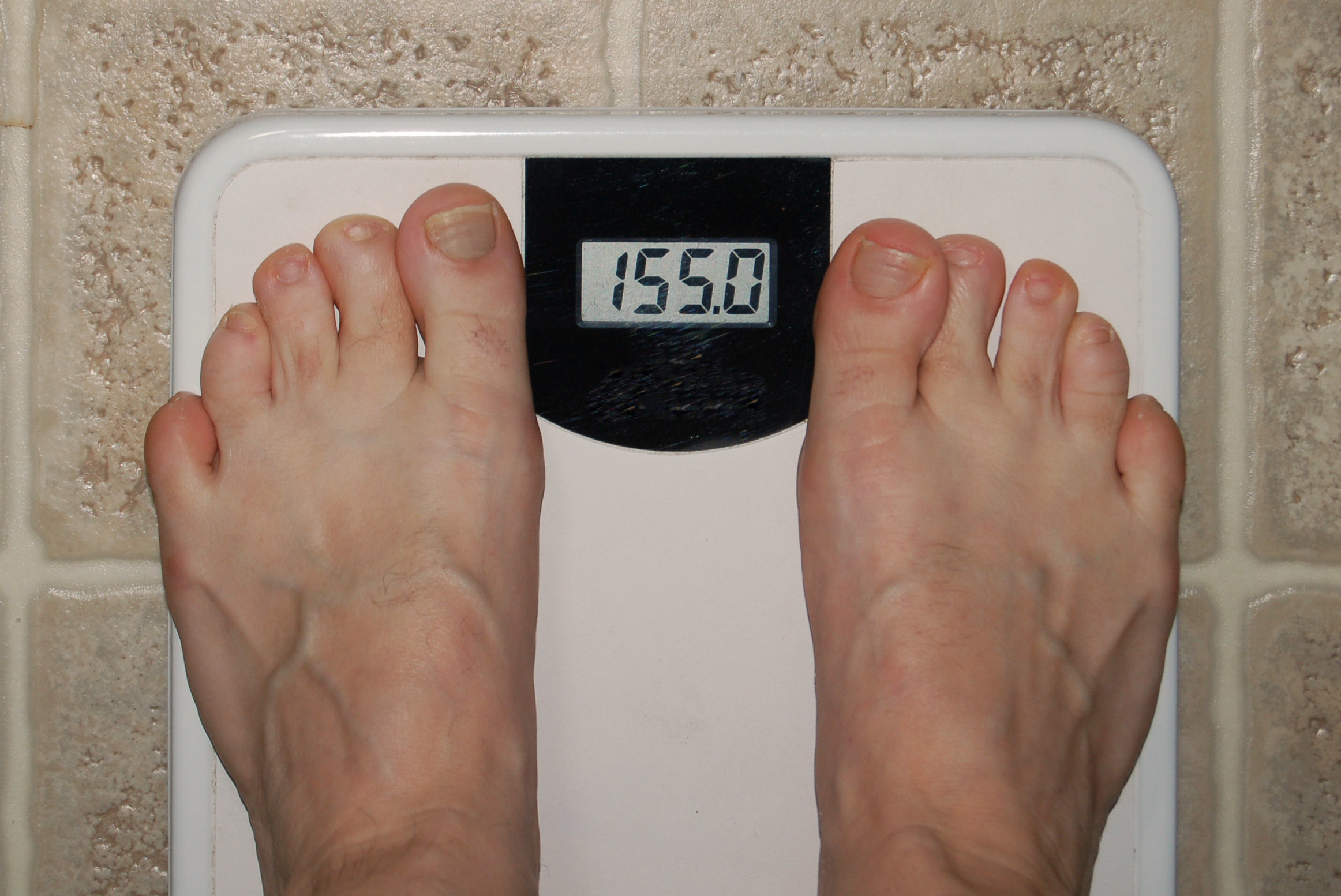
FRIDAY, Nov. 1 (HealthDay News) A romantic relationship can change when one partner slims down, and not always in a good way, new research suggests.
“Losing weight can affect your relationship negatively,” said Lynsey Romo, an assistant professor of communication at North Carolina State University, in Raleigh.
In her study of 21 couples in which one partner had lost an average of 60 pounds in two years or less, she found the relationships usually changed for the better. That may have been due to the partner who lost weight inspiring the other to do the same, or to the partner supporting the one who lost the weight.
However, Romo also found what she calls ”the dark side of weight loss.” Some partners watched their partner getting slimmer and felt threatened or jealous, she explained.
Others, including some who didn’t need to lose weight, weren’t happy that they felt they were somehow losing their ”role” of the healthy partner. Other partners felt nagged by their suddenly healthy partner who was losing and wanted them to follow suit.
The study was published online recently in the journal Health Communication.
The couples, with an average age of 38 but ranging in age from 20 to 61, answered questions separately online after the partner had lost the weight. Participants lost in a number of ways, including diet and exercise or bariatric surgery.
Both partners told how they felt the weight loss affected their interactions. The best scenario Romo found was one in which both partners bought into the idea of making healthy lifestyle changes and supported the other partner trying to lose weight. Those couples appeared to get closer, she found.
They reported their interactions were more positive and they felt closer, both physically and emotionally.
However, when a partner who didn’t lose weight was not supportive or resisted the household changes in diet or exercise routines, the effect was negative.
While the partners who were losing weight were often cited by the other as a role model, sometimes they became naggers. One woman who lose 30 pounds and became very fit said she would sometimes nag her husband, who had gained weight over the years, to do the same. She felt he wasn’t trying as hard as she was to stay attractive for each other.
The new findings tie in to some research done by Charlotte Markey, an associate professor and chair of psychology at Rutgers University, who reviewed the findings.
In a relationship, she has found, ”partners compare their own bodies to their partner’s.” So it makes sense that Romo found when one partner lost weight, the other partner often took stock, so to speak.
Suppose a man loses weight, and his wife may need to but isn’t, Markey said. “That may make the woman feel inadequate,” she explained.
“We fall into these patterns with people we have relationships with,” she said. “When these patterns shift, it can be unsettling.”
Advice for couples in which one partner is about to lose weight? “It’s important to talk to your partner ahead of time,” Romo said. The goal is to get the other person on board — if not to lose weight, to support the partner who is trying to do so, she said.
Markey agreed that communication is key. “Talk about it before and keep talking about it,” she said. For example, if a husband is losing weight while the wife also needs to but isn’t, and the woman feels inadequate, she should simply tell him so, Markey said. “Hopefully the partner will say ‘Well, you shouldn’t.”’
“Make it a team effort,” Markey said. “Almost everyone can afford to eat healthier and exercise more.”
More information
To learn more about healthy weight loss, see the Academy of Nutrition and Dietetics.
Copyright © 2026 HealthDay. All rights reserved.

